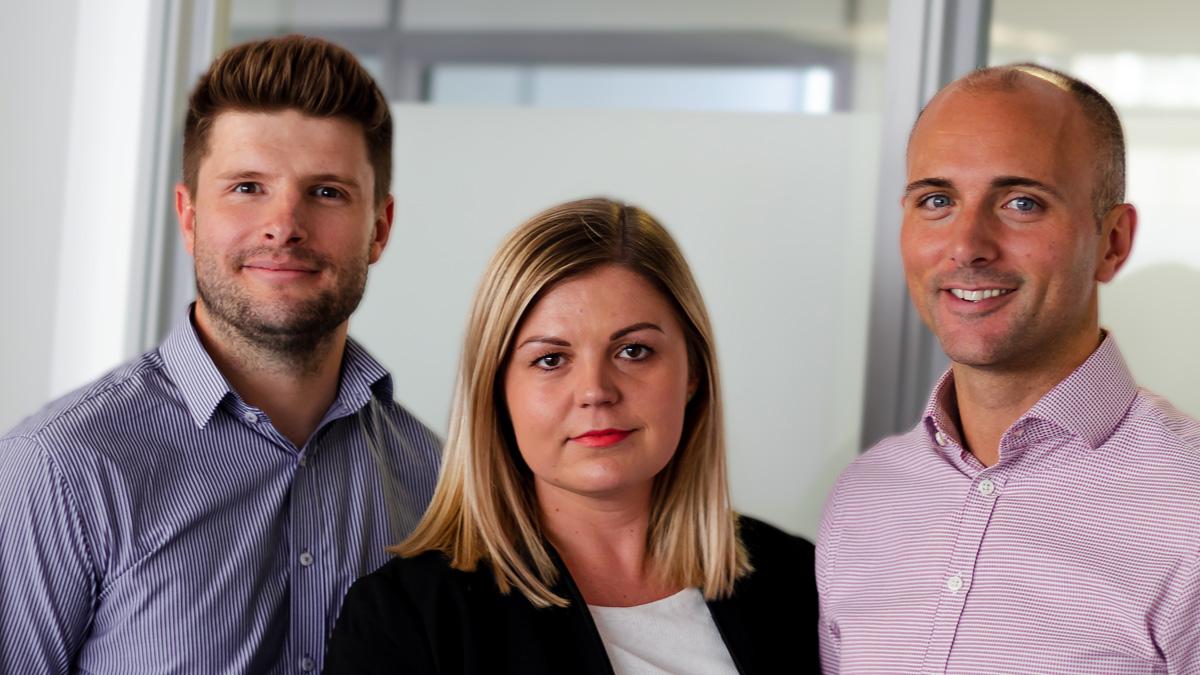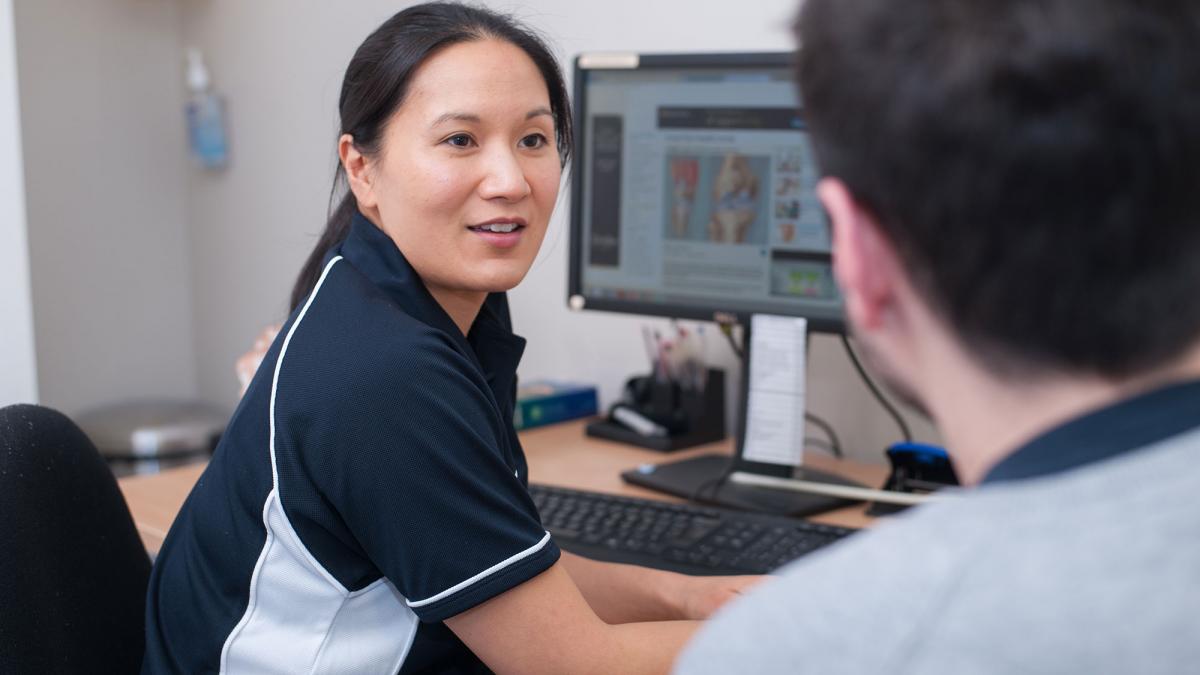Physiotherapists, GPs and anyone with an interest in this area can now access two new First Contact Physiotherapy (FCP) resources, offering guidance and advice to help you set-up your own successful FCP service and peer network.

The CSP has collated a number of case studies, highlighting different service models and varying approaches to FCP.
We have also launched a guide to developing an FCP peer network – to enable practitioners to easily communicate, compare their experiences and share vital knowledge, insights and ideas.
The new case studies platform aims to support anyone who is considering setting up an FCP service, as well as those who are already in the early stages of doing so.
It currently includes a GP's perspective on an FCP service in Aylesbury, which has been successfully embedded into the primary care network’s multidisciplinary team; an FCP service that is enhancing patient care in a rural setting, in North Wales; an integrated approach to FCP, based in East Sussex, and an FCP hub model in Derbyshire that is providing patients with improved access to services.
Learn from the experiences of other FCPs

Abi Henderson, CSP head of FCP implementation, said:
There are different ways that FCP services can be configured, so it’s incredibly valuable to be able to review a broad range of examples
'This resource allows you to hear directly about the experiences of those already involved in FCP, find out how they secured local support; discover the outcomes their services have achieved and understand the lessons they’ve learnt along the way.'
New service examples will be continually added to the platform.
Looking to set up an FCP peer network?
The CSP’s new guide to developing an FCP peer network is designed to help members who are keen to set up and initiate a new learning and networking platform with their FCP peers.
The resource provides useful ideas, tips and testimonials to allow members to develop and maintain a successful peer network. It also includes a peer-to-peer network directory to find your nearest one.
It offers top tips to be considered during the developmental phase including:
- the intended size, purpose and aims of any network
- how it will be managed
- the frequency of organised meetings
- the introduction of sub-groups, CPD and training opportunities
- issues relating to GDPR requirements and data protection
- how best to make use of different communication tools
- the efficient promotion of network events
- and possible examples of network agenda topics
Ms Henderson said: ‘It is important that FCPs have links with their professional peers.
This resource provides top tips to set up peer networks so they can connect and support each other, whilst sharing valuable knowledge and learning
Number of subscribers: 3